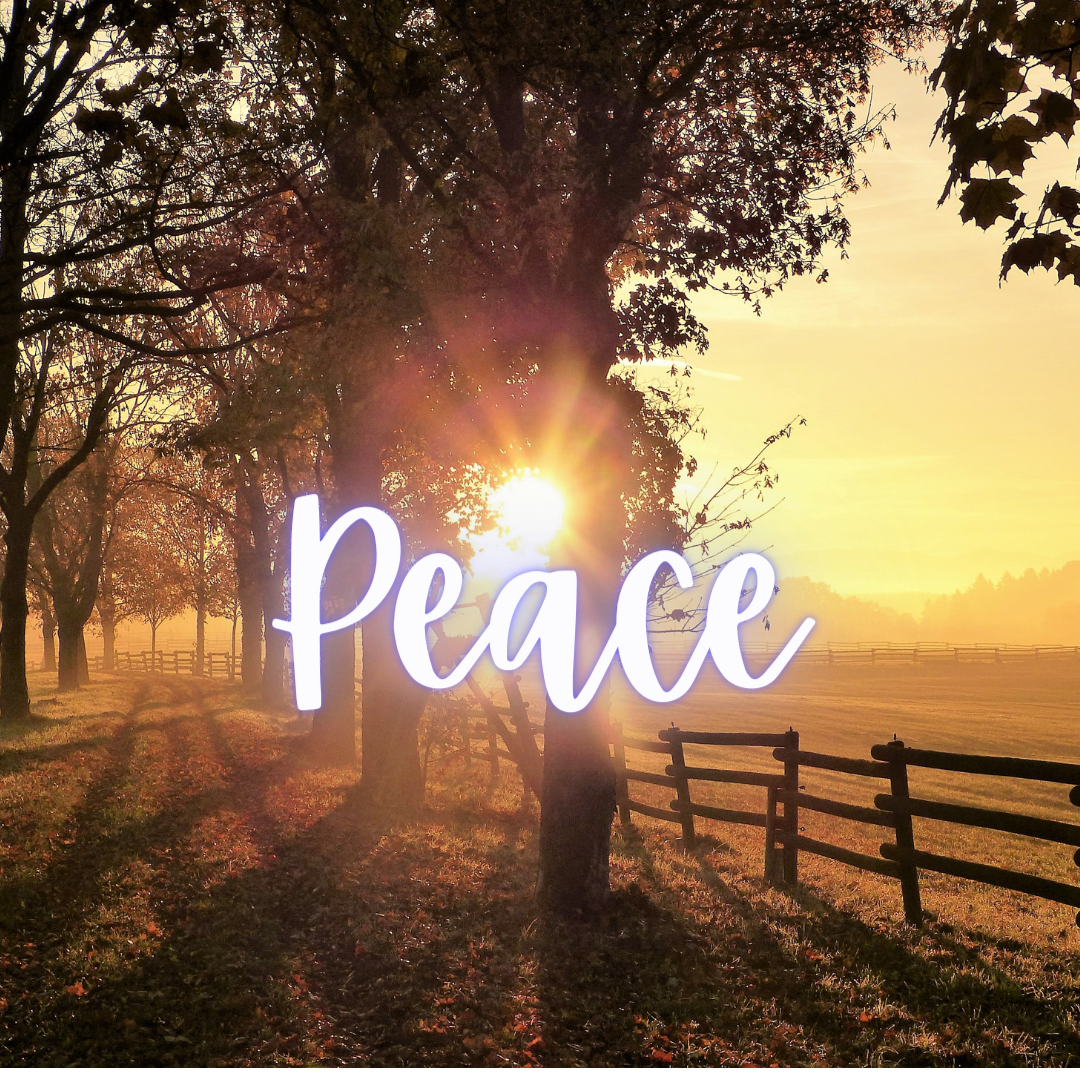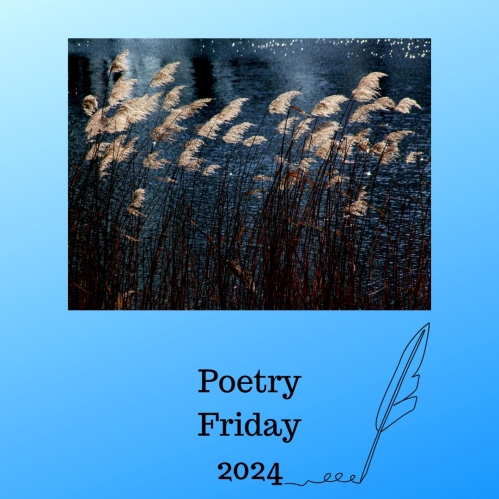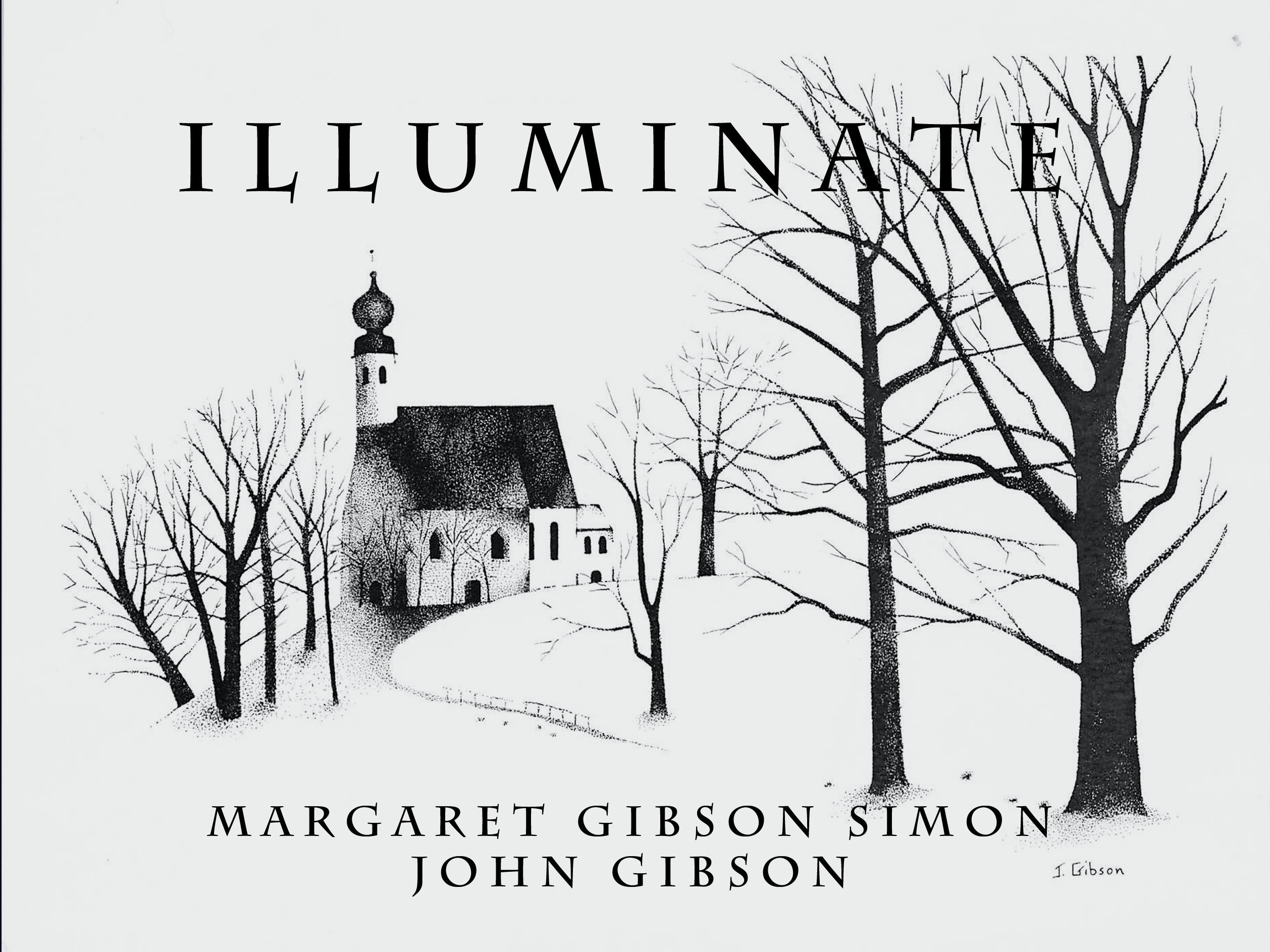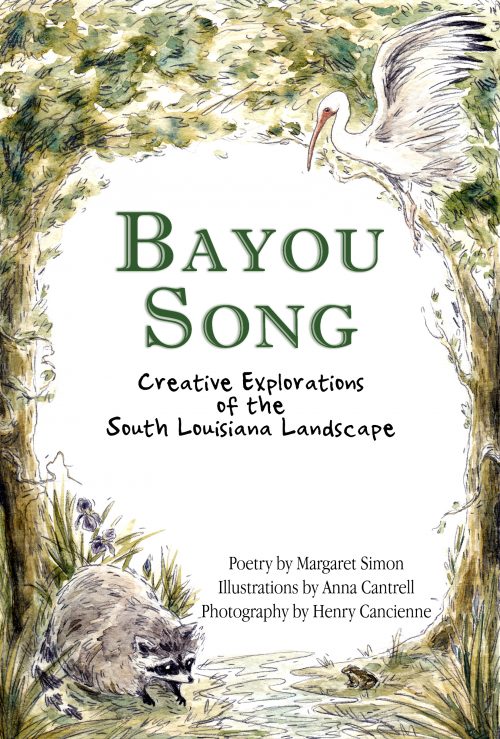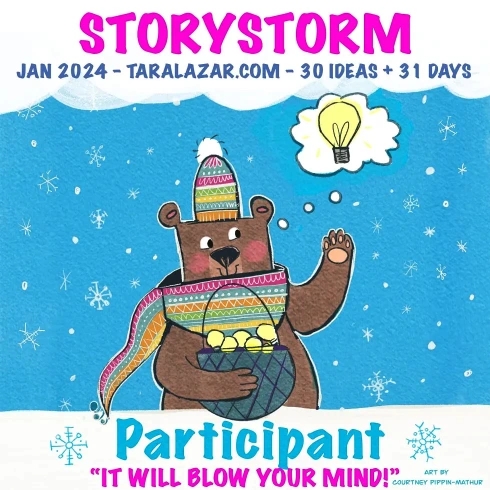My students and I have been writing to Amy Ludwig VanDerwater’s daily prompts at The Poem Farm. I usually write alongside my students, so some days I have three poems done because I teach 3 different groups of kids. On Monday, when we were writing using word play, I started writing at school number one about bees.
Dawson, 4th grade, helped me think about rhymes. He told me that bees carry pollen in their mouths and spit it back and forth with other bees until it becomes honey, thus “honey primers.”
I turned to bee research and RhymeZone.
At school number two, Chloe, 2nd grade, told me that a bee’s dance is called a waggle. Google confirmed it.
Last month, I had a bee incident in my classroom at school number 2 that caused a curse word to come out of my mouth, thus “cursing singer.” This incident happened in March, so I sliced about it here.
My students responded with pleasure at my completed poem. They exclaimed “Boomchakalaka.” Great word play for the ending!
Bees
hullabaloo
on flowering trees
humming,
drumming,
buzz-strumming.Bees
hokey-pokey
through pollen fields
persnickety climbers,
expert mimers
honey primers.Bees
waggle-dance
in the hive
insect communication
tapping out dictation
pointing to a destination.Bee–one bashful bee
squirming
in my hair
angry stinger
hand slinger
cursing singer.Boomchakalaka!
I am writing ekphrastic poetry this month for National Poetry Month. Michelle Kogan is an poet-illustrator I’ve met through Poetry Friday. Usually I start with the image to inform the poem. This poem came before the illustration, but I knew Michelle would have one that fit just right. Thanks, Michelle.
















